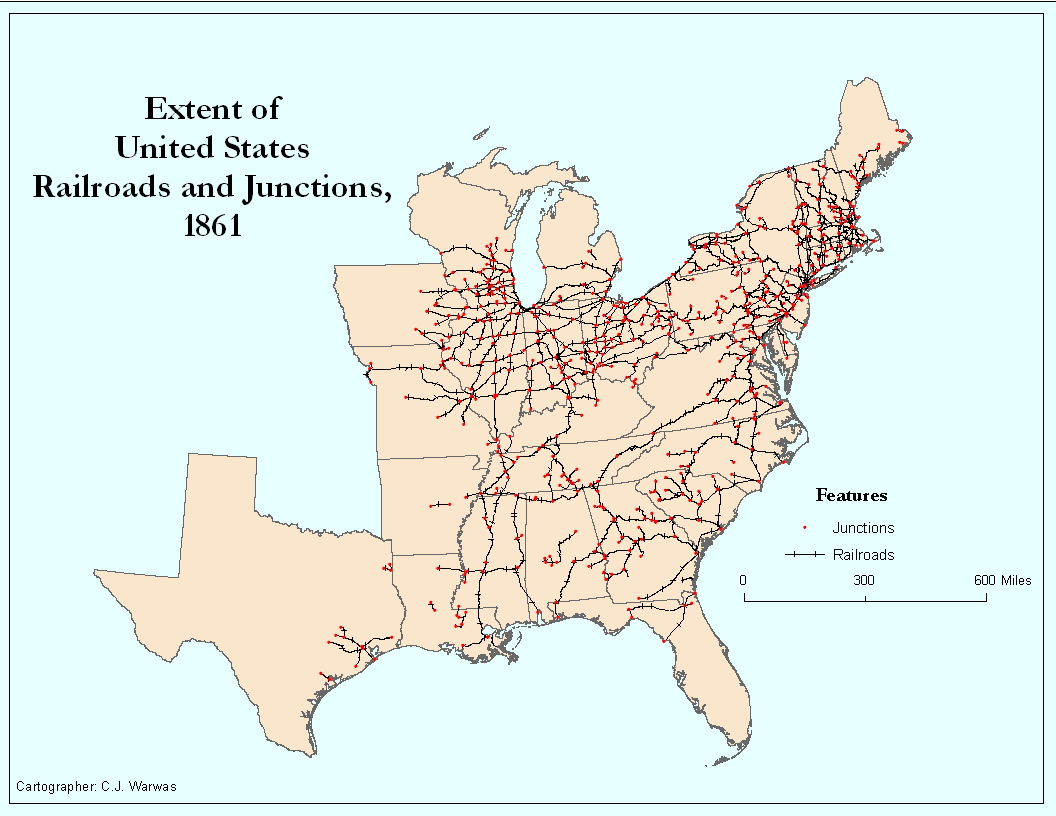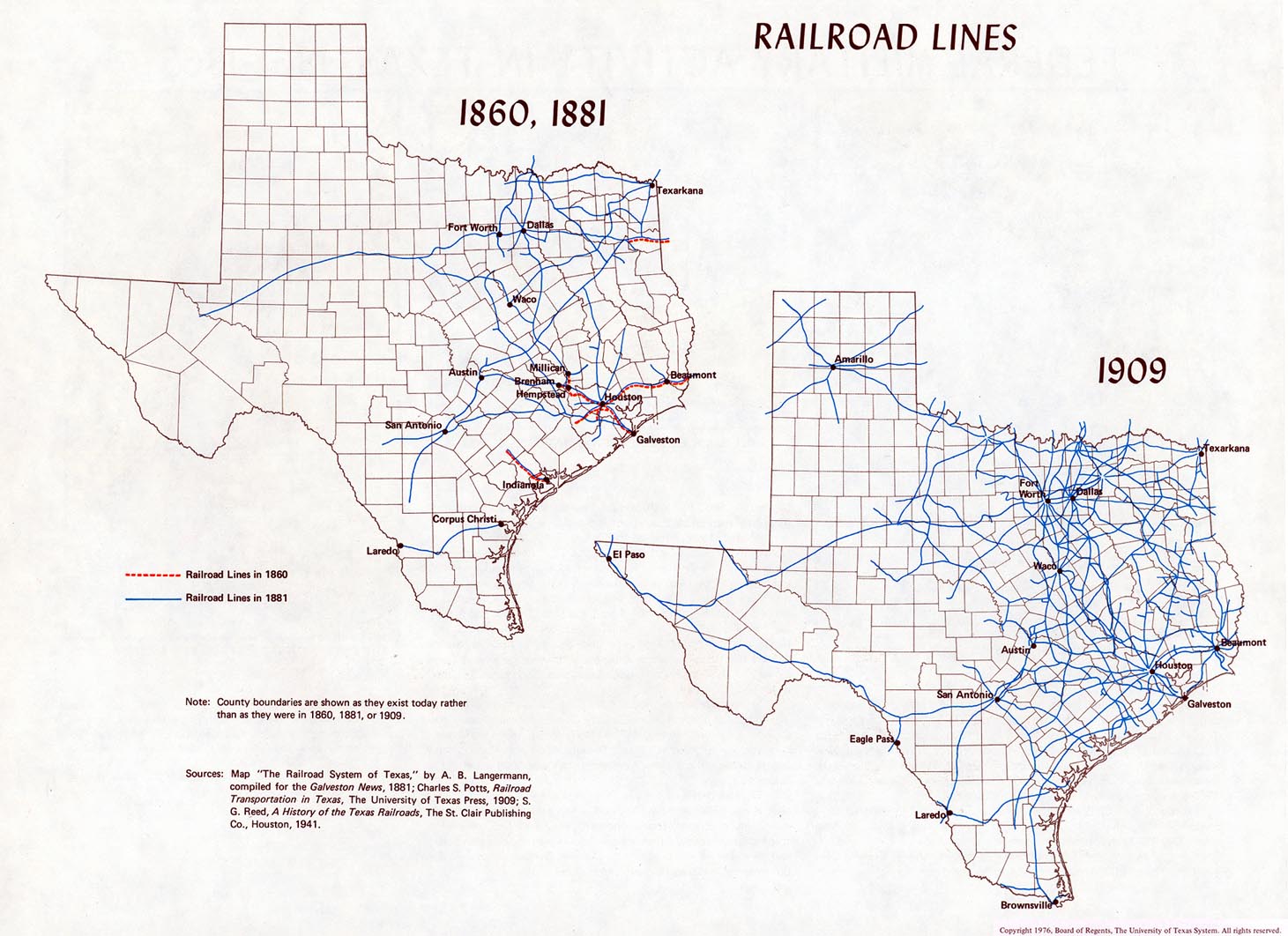5fish
Well-Known Member
- Joined
- Jul 28, 2019
- Messages
- 14,789
- Reaction score
- 5,466
I put this under railroads because it's more about railroads than about ports. There were no railroads from the Texas ports to the Mississippi River, New Orleans, Vicksburg, and etc.. The Texas ports only helped Texas not the rest of the Confederacy. Maybe there is a famous wagon train trail from Texas to the Mississippi the Confederate used, I doubt it. It seems the Texas ports were meanless in the Confederate war effort out east during the war.
Now, this really lessens the importance of Vicksburg in the Union war effort because cutting the Confederacy in half really did not dodo that because it was not connected to Texas anyway. I read about the rail line at Vicksburg but it did not go to Texas. It was destroyed during the war. I am starting to see history hype about the importance of Texas ports and General Grant's victory at Vicksburg... The true story is there were no railroads from Texas to the Mississippi River...
Now, this really lessens the importance of Vicksburg in the Union war effort because cutting the Confederacy in half really did not dodo that because it was not connected to Texas anyway. I read about the rail line at Vicksburg but it did not go to Texas. It was destroyed during the war. I am starting to see history hype about the importance of Texas ports and General Grant's victory at Vicksburg... The true story is there were no railroads from Texas to the Mississippi River...





